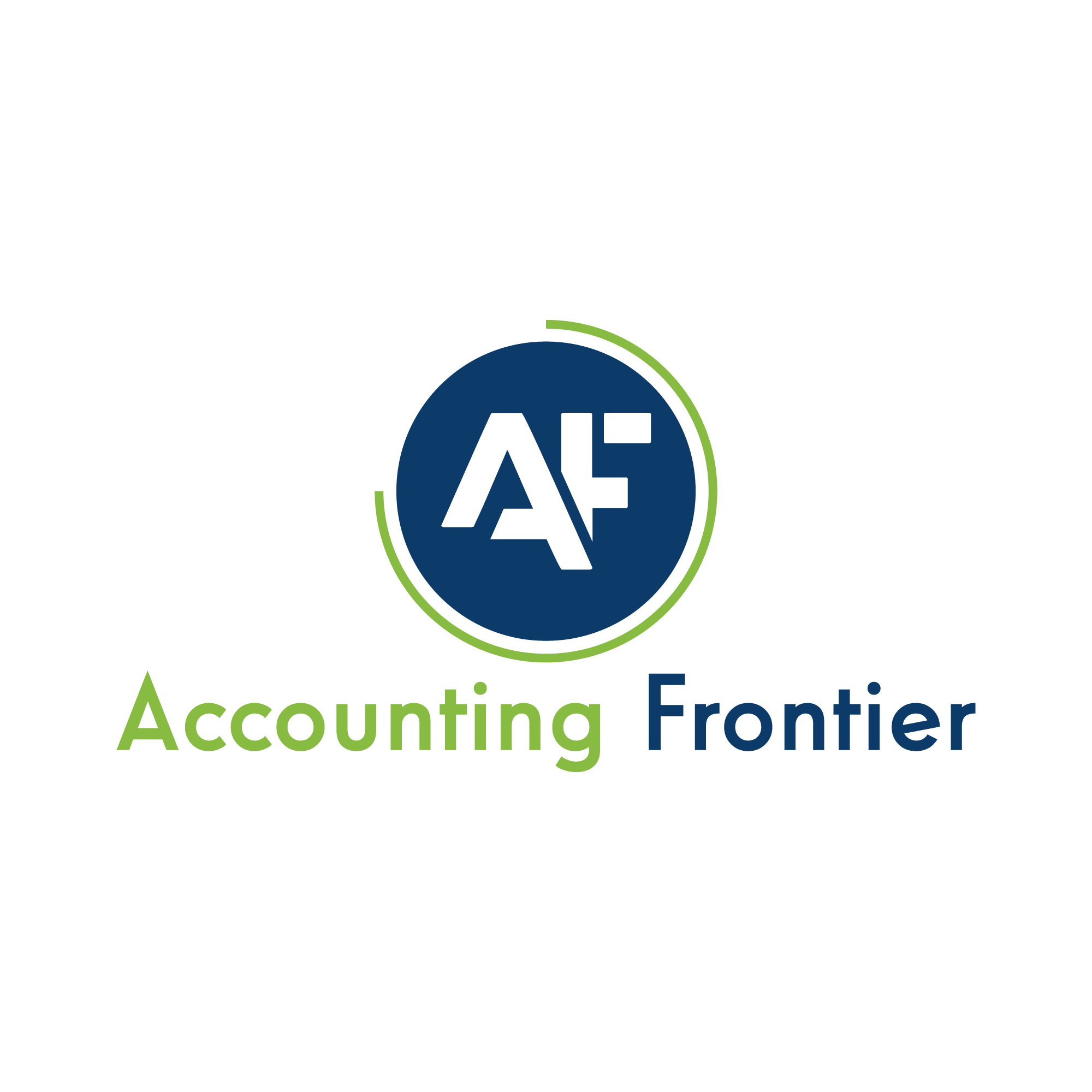Blog Post by Paul Kirkendall
Paul KirkendallJan 24, 2025 3:19:37 PM5 min read
Streamline Your Interior Design Business with Financial Tracking
It's time to bring the same level of elegance to your bookkeeping as you do to your ...
Start Reading
Paul KirkendallDec 9, 2024 4:59:54 PM5 min read
What to Expect When Hiring an Outsourced Accounting Firm
Hiring an outsourced accounting firm can be done quite easily with the right steps. ...
Start Reading
Paul KirkendallNov 18, 2024 9:30:00 AM3 min read
The Benefits of Cloud-Based Accounting Software
Cloud-based accounting software is a modern evolution that can transform how you handle ...
Start Reading
Paul KirkendallOct 25, 2024 10:13:27 AM4 min read
Leveraging Automation in Accounting for Greater Efficiency
Remember the days of handwritten ledgers and manual calculations? Accounting has ...
Start Reading
Paul KirkendallOct 9, 2024 6:20:51 PM6 min read
Understanding Outsourced CFO Services
In the interest of keeping costs low, many small businesses opt out of hiring a full ...
Start Reading
Paul KirkendallOct 9, 2024 6:20:37 PM3 min read
The Future of Finance: How Automation is Reshaping Accounting
The accounting industry is currently experiencing a significant transformation, fueled by ...
Start Reading
Paul KirkendallAug 14, 2024 12:14:09 PM5 min read
How Outsourced Bookkeeping Can Transform Your Business Operations
As a business owner, you're constantly seeking ways to streamline operations and boost ...
Start Reading
Paul KirkendallMay 28, 2024 3:54:22 PM4 min read
Essential Bookkeeping Services Every Small Business Needs
Discover the crucial accounting services that can help small businesses thrive and ...
Start Reading
Paul KirkendallJul 6, 2023 8:14:28 AM3 min read
Top 5 Essential KPIs for Interior Design Businesses
Last updated on July 2, 2024: We've refreshed this article to reflect recent developments ...
Start Reading
Paul KirkendallFeb 9, 2023 11:00:00 AM4 min read
Interior Design Billing Practices That Free Up Cash Flow
Choosing the optimal billing method is critical to streamlining your interior design ...
Start Reading
